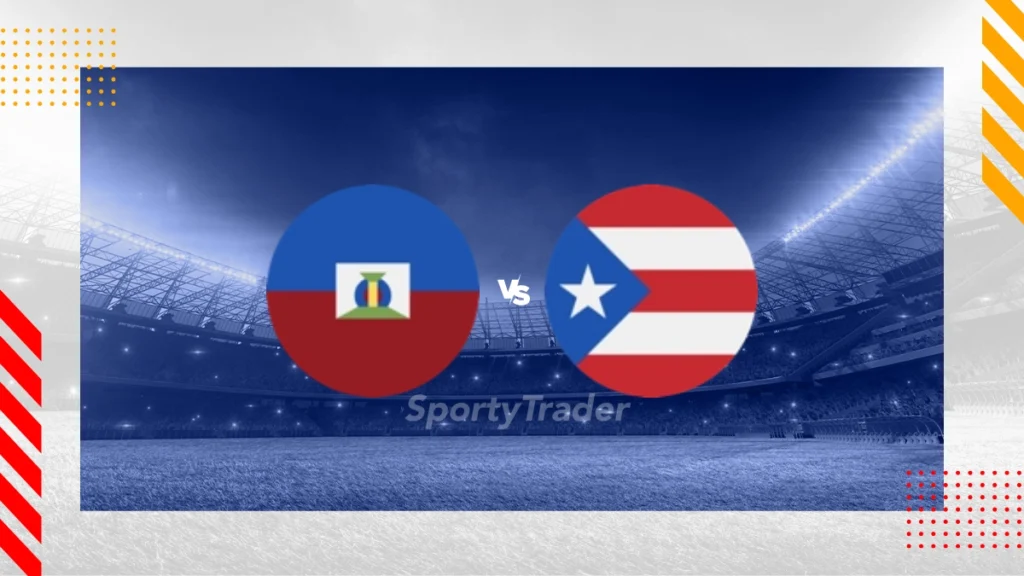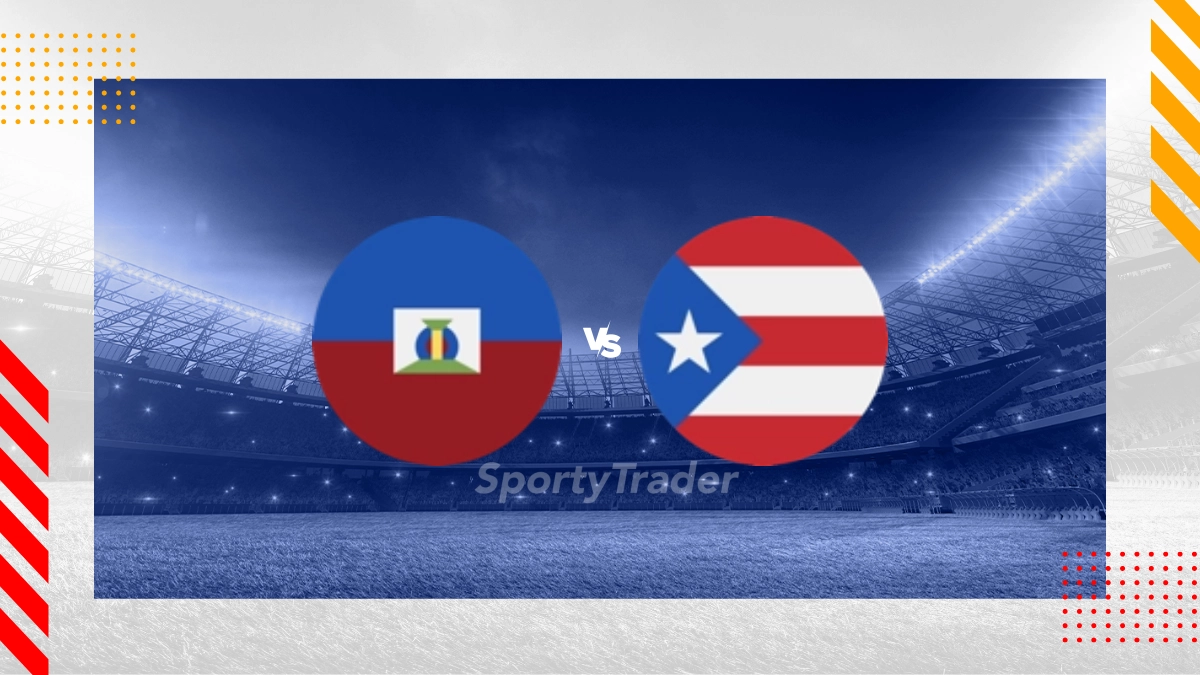
Haiti vs. Puerto Rico: A Comprehensive Comparison
When considering Caribbean destinations, two names often arise: Haiti and Puerto Rico. Though geographically close, these islands present strikingly different realities shaped by unique histories, cultures, and socio-economic landscapes. This article provides a comprehensive comparison of Haiti vs. Puerto Rico, exploring various facets from their historical backgrounds and political systems to their economies, cultures, and tourism industries. Understanding these differences is crucial for anyone interested in the Caribbean, whether for travel, investment, or simply broadening their knowledge of the region. We aim to provide an objective and insightful analysis of Haiti vs. Puerto Rico.
Historical Overview
Haiti boasts a history marked by revolution and resilience. Formerly known as Saint-Domingue, it was once France’s wealthiest colony, fueled by the brutal exploitation of enslaved Africans. The Haitian Revolution (1791-1804), led by figures like Toussaint Louverture, resulted in the establishment of the first free black republic in the world. This victory, however, came at a significant cost. Haiti faced international isolation, crippling debt imposed by France, and persistent political instability. The legacy of slavery and colonialism continues to shape Haiti’s socio-economic challenges.
Puerto Rico, on the other hand, has a different historical trajectory. Colonized by Spain in the late 15th century, it remained under Spanish rule until the Spanish-American War in 1898. Subsequently, Puerto Rico became a territory of the United States. Its political status has evolved over time, with Puerto Ricans granted U.S. citizenship in 1917. Today, Puerto Rico is a self-governing unincorporated territory of the United States, with ongoing debates about its future status, including statehood, independence, or continued commonwealth status.
Political Systems
The political systems of Haiti vs. Puerto Rico are vastly different. Haiti operates as a republic, though its political history has been marred by instability, coups, and authoritarian rule. The country has struggled to establish strong and accountable democratic institutions. Corruption, weak governance, and political infighting have hindered its development. Despite efforts to strengthen democratic processes, Haiti continues to face significant political challenges.
Puerto Rico’s political system is intricately linked to its relationship with the United States. As a U.S. territory, Puerto Rico has its own elected governor and legislature. However, it lacks full representation in the U.S. Congress and its residents cannot vote in U.S. presidential elections. The U.S. Congress has ultimate authority over Puerto Rico. The island’s political landscape is dominated by debates over its status, with different political parties advocating for statehood, independence, or maintaining the current commonwealth arrangement. This unique political position significantly impacts Puerto Rico’s economic and social policies.
Economic Comparison
Economically, the contrast between Haiti vs. Puerto Rico is stark. Haiti is one of the poorest countries in the Western Hemisphere, grappling with widespread poverty, unemployment, and food insecurity. Its economy is heavily reliant on agriculture, but it is vulnerable to natural disasters, environmental degradation, and lack of investment. The country struggles with inadequate infrastructure, limited access to education and healthcare, and a challenging business environment. Remittances from Haitians living abroad are a significant source of income.
Puerto Rico’s economy is more developed and integrated with the United States. It benefits from U.S. federal funding and access to U.S. markets. However, Puerto Rico has faced significant economic challenges in recent years, including a debt crisis, declining population, and the impact of hurricanes. The island’s economy is diversified, with sectors such as manufacturing, tourism, and services playing important roles. Despite its advantages, Puerto Rico’s economic future remains uncertain, particularly in light of its debt burden and political status.
Cultural Differences
Culturally, both Haiti vs. Puerto Rico possess rich and distinct identities. Haiti’s culture is a vibrant blend of African, French, and indigenous influences. Vodou, a syncretic religion, plays a significant role in Haitian life. Haitian art, music, and literature reflect the country’s history, struggles, and resilience. The Haitian Creole language, derived from French and African languages, is a symbol of national identity. Haitian cuisine is flavorful and diverse, incorporating local ingredients and culinary traditions.
Puerto Rico’s culture is a fusion of Spanish, African, and indigenous Taíno influences. Spanish is the dominant language, though English is also widely spoken. Puerto Rican music, dance, and art are celebrated for their vibrancy and diversity. The island’s cuisine is known for dishes like mofongo, arroz con gandules, and lechón. Catholicism is the predominant religion. Puerto Rican culture is deeply intertwined with its history and its relationship with the United States.
Tourism Industries
The tourism industries in Haiti vs. Puerto Rico reflect their respective economic and social realities. Haiti’s tourism sector is relatively underdeveloped, hampered by political instability, security concerns, and inadequate infrastructure. While Haiti possesses natural beauty, including stunning beaches and historical sites, it has struggled to attract large numbers of tourists. Efforts are underway to promote sustainable tourism and improve the country’s image. [See also: Eco-Tourism in the Caribbean]
Puerto Rico, on the other hand, has a well-established tourism industry. It attracts millions of visitors each year, drawn to its beaches, historical sites, and vibrant culture. The island benefits from its close ties to the United States, with easy access for American tourists. Puerto Rico offers a wide range of tourist accommodations, from luxury resorts to boutique hotels. The tourism sector is a significant contributor to the island’s economy, but it also faces challenges, including competition from other Caribbean destinations and the impact of natural disasters.
Challenges and Opportunities
Both Haiti vs. Puerto Rico face unique challenges and opportunities. Haiti’s primary challenges include poverty, political instability, environmental degradation, and inadequate infrastructure. To overcome these challenges, Haiti needs to strengthen its governance, promote economic development, invest in education and healthcare, and address environmental issues. Opportunities for Haiti include developing its tourism sector, attracting foreign investment, and leveraging its cultural heritage.
Puerto Rico’s challenges include its debt crisis, political status, economic stagnation, and the impact of natural disasters. To address these challenges, Puerto Rico needs to restructure its debt, resolve its political status, promote economic diversification, and invest in infrastructure. Opportunities for Puerto Rico include leveraging its ties to the United States, attracting investment in renewable energy, and developing its tourism sector. [See also: Investing in Caribbean Real Estate]
Conclusion
In conclusion, Haiti vs. Puerto Rico represent two distinct realities within the Caribbean. Haiti, with its history of revolution and resilience, faces significant socio-economic challenges. Puerto Rico, as a U.S. territory, benefits from its ties to the United States but grapples with its own set of economic and political complexities. Understanding the differences between these two islands is crucial for anyone seeking a deeper understanding of the Caribbean region. While their paths diverge, both Haiti vs. Puerto Rico share a rich cultural heritage and a determination to build a better future. The future of both locations hinges on addressing their specific challenges and capitalizing on their unique opportunities. A comparison of Haiti vs. Puerto Rico shows us the diverse realities of Caribbean life. The differences between Haiti vs. Puerto Rico are vast and varied. When comparing Haiti vs. Puerto Rico, one must consider the history, political system, and economic situations of each.
